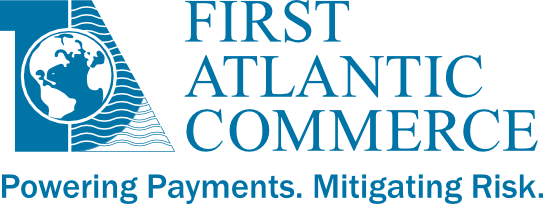In the wake of the COVID-19 pandemic and the need for social distancing, it became evident to businesses and consumers alike that e-commerce is a necessity for retail. In fact, online shopping is one of the most popular online activities, with global online sales projected to increase from US$1.3 trillion in 2014 to US$4.5 trillion in 2021.
Furthermore, experts predict that the impact of the coronavirus will not just be a short-term boost to e-commerce, but one that’s here to stay, even after COVID-19. This is because people will get comfortable with the convenience it offers and the benefits of contactless payments, both of which are likely to cause a permanent behavioural shift towards digital purchases.
While the online shopping landscape in the Caribbean is still nascent, many small business owners stand to benefit from taking their business online and accepting online payments.
Currently, small business online retail in the Caribbean consists mainly of the “click and collect” model – where customers order online and pay in person when they pick up the product. Facilitating online payments attracts customers to use your website for its convenience.
And that’s not all – online retailers like Amazon use online payments as a business strategy. This is because a quick and easy online payment incentivizes impulse buying among consumers.
Various studies have shown that people spend more – up to 83% more – when they use their credit cards than when they have to use cash. Credit card rewards programs encourage consumers to make purchases, and people are less likely to consider the amount they spend on an item if they do not see physical cash leave their hands in exchange for it.
So, if your website allows people to make secure purchases 24/7 online – expect an increase in revenue. Further, accepting payments 24/7 online means you earn income even while you’re asleep.
To facilitate online transactions for your business, you need to open a Merchant Account with your local bank. This account is different from a regular business account and POS merchant account that allows you to accept credit card payments from point of sales machines. An ecommerce Merchant Account gives you a unique Merchant ID that FAC can use to link the online transactions on your website or social media to your bank account.
The Process of Opening a Merchant Account
To get approval for a Merchant Account, you must be able to submit a viable business plan to the bank. This involves thinking through the process:
- Your expected online transaction volume.
- Your pricing model – you should have the e-commerce transaction fees (usually no more than 4% per transaction) built into your pricing.
- How you plan to sell online – either by a website or through social media (you should have a demo of what your website or social media page looks like).
- How you plan to deliver goods and services to your client.
FAC offers a checklist for their clients to ensure best practices on their websites like Terms & Conditions, Refund Policies, Logos, and more, so they help to hold your hand through the process.
It’s important not to be intimidated by the application process. The requirements for getting a Merchant Account approved by the bank are also useful for your thought process in building a successful online business.
The online transaction fees, often seen as a deterrent to having a merchant account, would be more cost-effective overall than having a brick and mortar business and point of sales machines.
A merchant account provides a clear way for you to reconcile the revenue earned from your online business via e-commerce against that derived from credit card payments made to your physical business via point of sales machines. It also ensures that there is no wait time for you to receive your online payments in your account.
Ultimately, if you want to take advantage of the shift in consumer dynamic towards online shopping, you need a Merchant Account to ensure your clients have the convenience of paying online.

